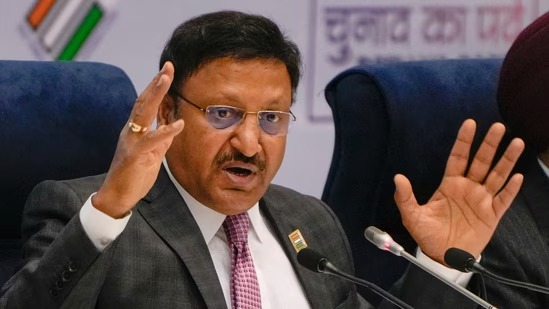In a recent development, the Election Commission of India (ECI) has rebuffed the claims made by Congress chief Mallikarjun Kharge regarding discrepancies in the voter turnout data. The ECI labeled Kharge’s letter to INDIA bloc leaders as an attempt to disrupt the electoral process, prompting backlash from the Opposition party.
On May 7, Kharge raised concerns over alleged discrepancies in the voting data released by the ECI, highlighting a lack of crucial figures such as votes polled in each Parliamentary Constituency and respective Assembly Constituencies. The ECI, in a detailed 21-page response with annexures, dismissed these accusations, emphasizing its commitment to conducting free and fair elections.
Refuting allegations of delay, the ECI clarified that reporting estimated data on polling day inherently involves a time lag, especially considering voters queued at polling stations beyond official closing times.
The Congress, however, expressed dissatisfaction with the ECI’s response, branding it as “regrettable.” AICC general secretary Jairam Ramesh criticized the ECI’s handling of the matter, stating it tarnishes the institution’s reputation.
This exchange of words comes amidst ongoing concerns from various political parties, including the Trinamool Congress and the Communist Party of India (Marxist), regarding polling data transparency. Members of the INDIA bloc, including Congress and TMC representatives, reiterated their concerns about the delay in publishing voter turnout figures during a meeting with senior EC officials.
Meanwhile, the TMC had previously written to Chief Election Commissioner Rajiv Kumar, demanding prompt disclosure of constituency-wise voter turnout figures and an explanation for the delay. Similarly, the CPI(M) had raised questions about the unusual surge in voter turnout figures without adequate explanation from the ECI.
The friction between political parties and the Election Commission underscores the importance of transparency and accountability in the electoral process, especially in the midst of heightened scrutiny and public discourse.

















Comments